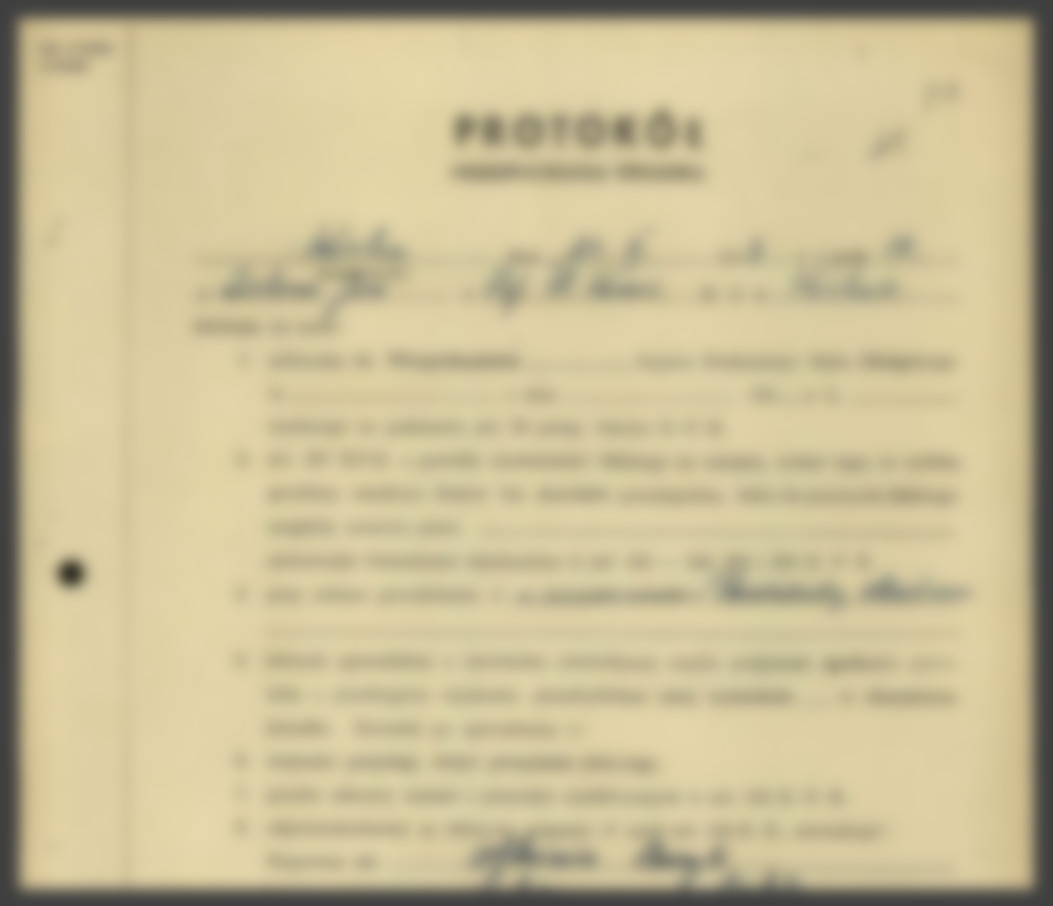Borders loading in progress...
Legend
 Testimony location
Testimony location
 Another testimonies locations
Another testimonies locations
 Zoom in to see more testimonies
Zoom in to see more testimonies


 Testimony location
Testimony location
 Another testimonies locations
Another testimonies locations
 Zoom in to see more testimonies
Zoom in to see more testimonies


The testimony is available only in the Library of the Pilecki Institute.
Full access to the testimony concerning World War II is possible only in the reading rooms of the Library of the Pilecki Institute in Warsaw and Berlin.
The procedure for accessing materials gathered by the Lemkin Center is under development
You can find the contact information here.
 Report errors
Report errorsPlease describe in a few sentences the problem observed in connection with the object (max. 240 characters):
